CheriABI: enforcing valid pointer provenance and minimizing pointer privilege in the POSIX C run-time environment
The Morning Paper
MAY 27, 2019
Last week we saw the benefits of rethinking memory and pointer models at the hardware level when it came to object storage and compression ( Zippads ). The protections are hardware implemented and cannot be forged in software. Capability integrity prevents direct in-memory manipulation of architectural capability encodings.


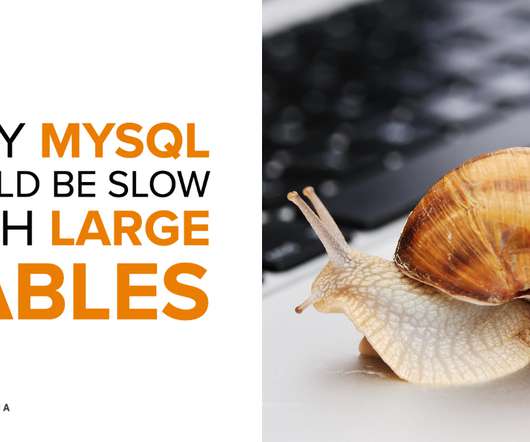


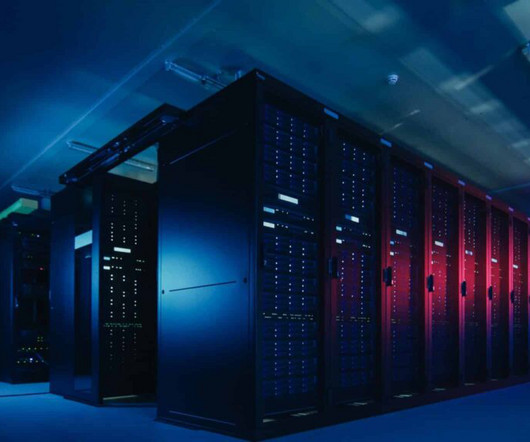
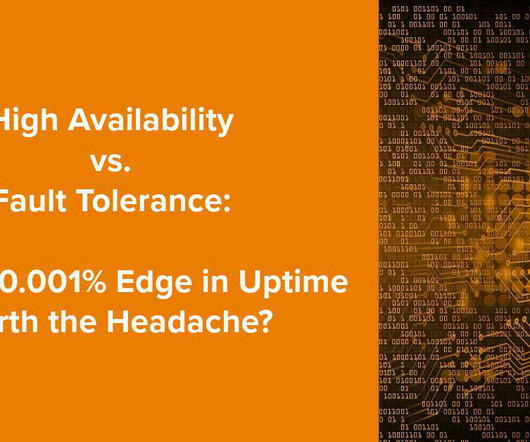

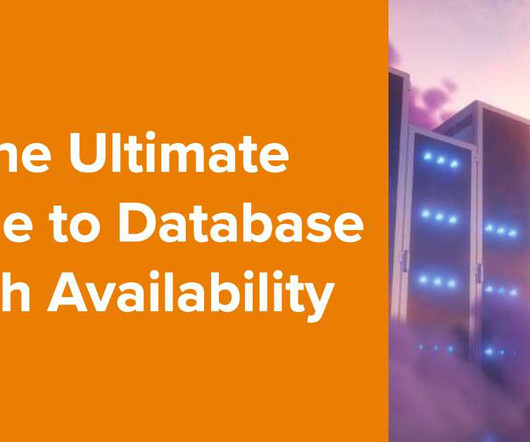





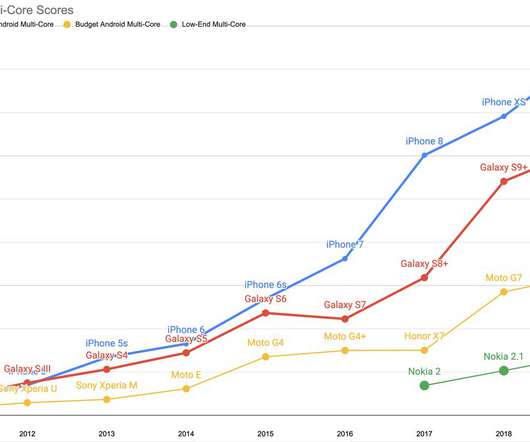


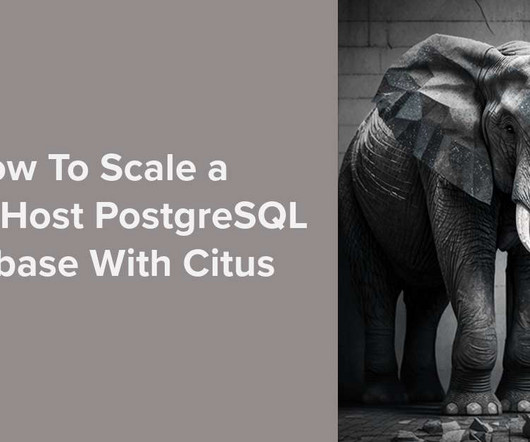
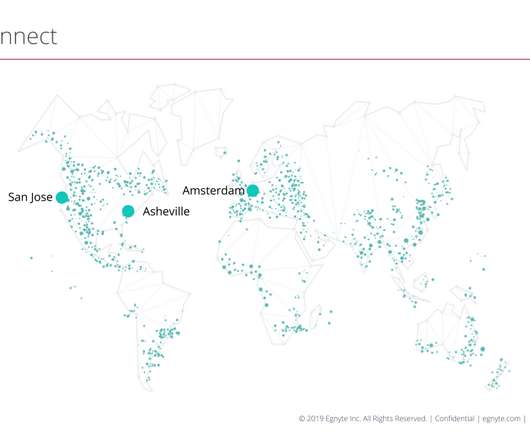








Let's personalize your content